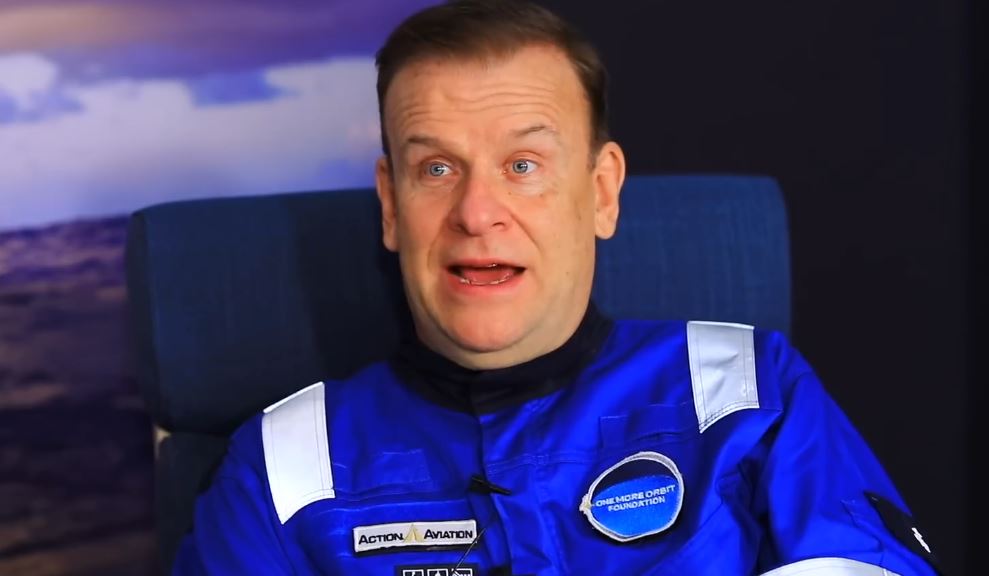Hamish Harding’s estimated $1 billion fortune was not unexpected or coincidental; rather, it was the consequence of exceptionally audacious choices, extremely successful business endeavors, and a life that was primarily motivated by meaningful curiosity. His influence as chairman of Action Aviation went well beyond jet brokerage. Harding turned his aviation company into a highly adaptable platform over the last 20 years, supporting environmental logistics and charitable endeavors in addition to serving affluent customers.
He significantly enhanced the Middle East’s aerospace footprint by moving from tech positions to executive leadership in aviation. The groundwork was established by his leadership at Logica Middle East, but his impact was greatly increased in 2004 with the establishment of Action Aviation. Harding’s keen insight allowed him to spot a market niche: customized aircraft solutions for special missions. These included facilitating Antarctic tourism and transporting endangered cheetahs, both of which were extremely successful endeavors carried out with a clear purpose.
| Full Name | George Hamish Livingston Harding |
|---|---|
| Date of Birth | June 24, 1964 |
| Date of Death | June 18, 2023 |
| Nationality | British |
| Residence | Dubai, UAE |
| Occupation | Businessman, Pilot, Explorer |
| Known For | Action Aviation, Space & Deep-Sea Missions |
| Estimated Net Worth | Approx. $1 Billion |
| Major Ventures | Action Aviation, Action Group |
| Guinness Records | 3 (Deep-Sea Dive, Polar Circumnavigation, More) |
| Family | Wife: Linda; Children: Rory, Giles |
| Education | Cambridge, Natural Sciences & Engineering |
Even seasoned adventurers were amazed by the records that Harding set in recent years. In less than 47 hours, he piloted a Gulfstream G650ER around the world via both poles as part of the One More Orbit mission in 2019. Timed to coincide with the 50th anniversary of the Apollo 11 moon landing, that expedition served as a symbolic link between historical milestones and contemporary innovation.
Two years later, he jumped in a two-man submersible to Challenger Deep, the deepest ocean trench on Earth. Together with Victor Vescovo, that mission set Guinness records for duration and distance traveled at full ocean depth. Harding gave an already remarkable journey a heartwarming familial touch by asking his 13-year-old son to travel with him on the surface support vessel. The essence of his strategy—adventure sought not only for thrills but also for legacy—was subtly conveyed by this detail.
Harding joined the select few who have flown to space when he boarded Blue Origin’s NS-21 mission in June 2022. He symbolized a generation of independent explorers who took exploration into their own hands by having ventured to both the ocean floor and the edge of space. He was an active creator of experience rather than a passive consumer of luxury in the context of contemporary wealth.
His untimely demise in the June 2023 Titan submersible accident garnered international notice. Harding’s passing was especially heartbreaking for five prominent passengers, including Pakistani philanthropist Shahzada Dawood and OceanGate CEO Stockton Rush. Many found resonance in the fall of a symbol of human pursuit, one based on risk and vision, rather than just the mission’s failure.
In the last ten years, billionaires have gradually moved away from showing off their material wealth and toward seeking meaningful experiences. The landscape of prestige is changing, from Richard Branson’s aquatic adventures to Elon Musk’s space ambitions. Among this trend, Hamish Harding stood out. He committed, while others experimented. His actions were very much in line with his intention, whether he was flying over the South Pole with Buzz Aldrin or modifying aircraft for conservation.
Harding assisted in redefining Action Aviation as a platform for change rather than just a company through strategic alliances. By organizing a Boeing 747 for wildlife transportation, he played a significant role in the reintroduction of cheetahs to India, a cause supported by both governments and conservation organizations. Despite its high cost, this project was surprisingly inexpensive given its positive social effects.
Additionally, Harding backed new aviation and space technologies. He promoted forward-thinking innovation by making investments in electric flight and sustainable propulsion. His opinions on commercial space travel were especially groundbreaking and influenced public opinion, supporting the idea that private astronauts should be treated as legitimate space travelers.
Despite being frequently defined by his financial achievements, Harding’s contributions were far more significant than their monetary worth. He subtly promoted environmental resilience, research, and education through philanthropy. His generosity wasn’t ostentatious; rather, it was calculated. His priorities—exploration, sustainability, and forward-thinking progress—were reflected in every donation.

